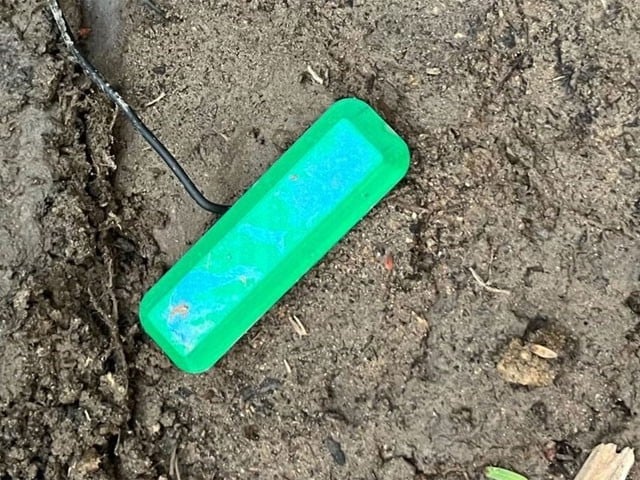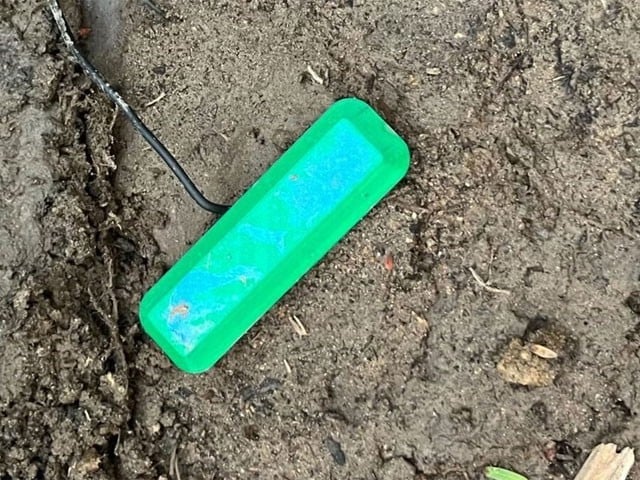
(Photo: Northwestern University)
Minnesota: Scientists have created a new type of fuel cell that The soilIt can get unlimited amount of electricity.
According to a team at Northwestern University in the US, this book-sized unit could be used to power sensors used in agriculture.
The technology could offer a sustainable and renewable alternative to toxic and flammable batteries, working by generating electricity from naturally occurring bacteria in soil.
According to George Wells, associate professor of civil and environmental engineering at the university, these bacteria are ubiquitous, they live everywhere in the soil. We can get electricity using any simple engineered system. This electricity cannot be supplied in the city, but low power items can be run from the small amount of electricity obtained.
The microbial fuel cell (MFC) is based on a 113-year-old technology first developed by British botanist Michael Chris Potter. Michael was the first person to successfully generate electricity from micro-organisms.
The scientists tested the latest fuel cell in both dry and humid conditions by powering sensors that measure soil moisture and detect touch. The fuel cell provided 120 percent better results than similar technology.
(function(d, s, id){
var js, fjs = d.getElementsByTagName(s)[0];
if (d.getElementById(id)) {return;}
js = d.createElement(s); js.id = id;
js.src = “//connect.facebook.net/en_US/sdk.js#xfbml=1&version=v2.3&appId=770767426360150”;
fjs.parentNode.insertBefore(js, fjs);
}(document, ‘script’, ‘facebook-jssdk’));
(function(d, s, id) {
var js, fjs = d.getElementsByTagName(s)[0];
if (d.getElementById(id)) return;
js = d.createElement(s); js.id = id;
js.src = “//connect.facebook.net/en_GB/sdk.js#xfbml=1&version=v2.7”;
fjs.parentNode.insertBefore(js, fjs);
}(document, ‘script’, ‘facebook-jssdk’));



